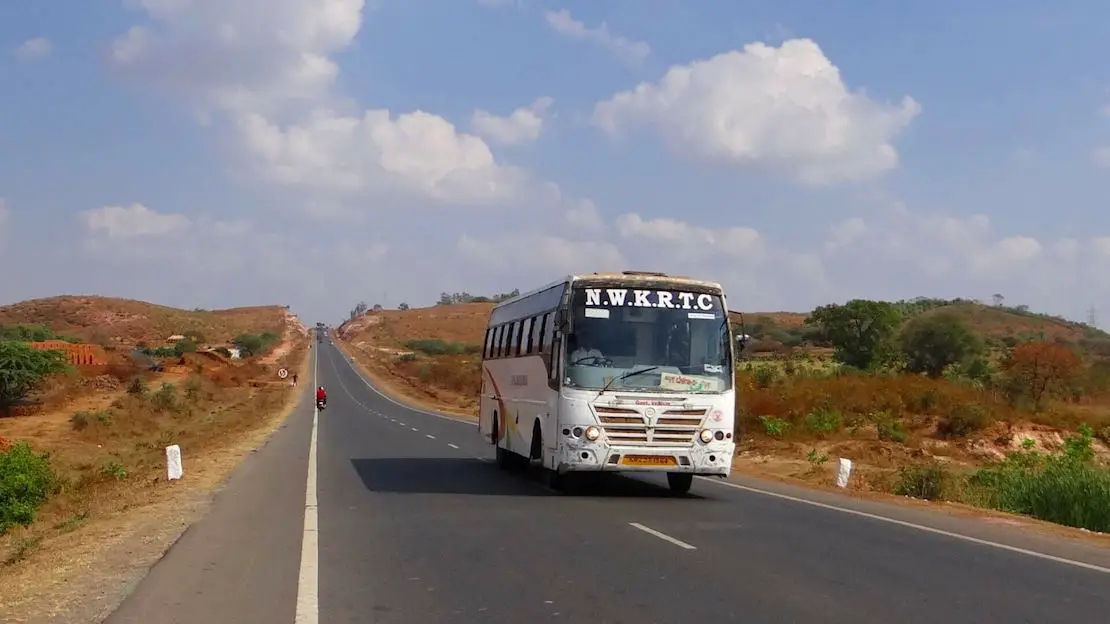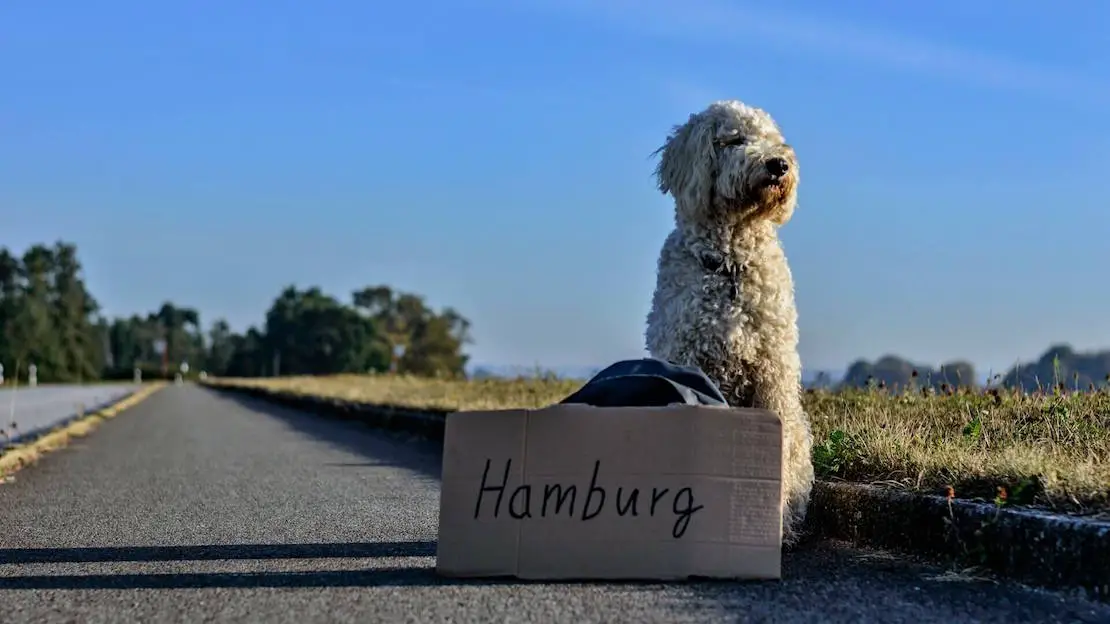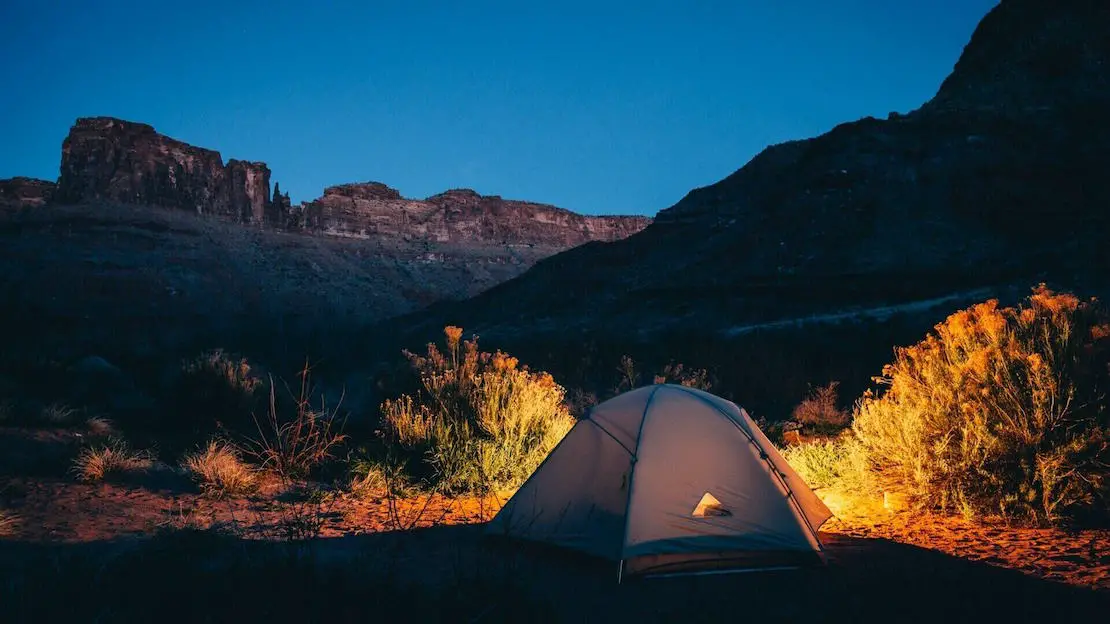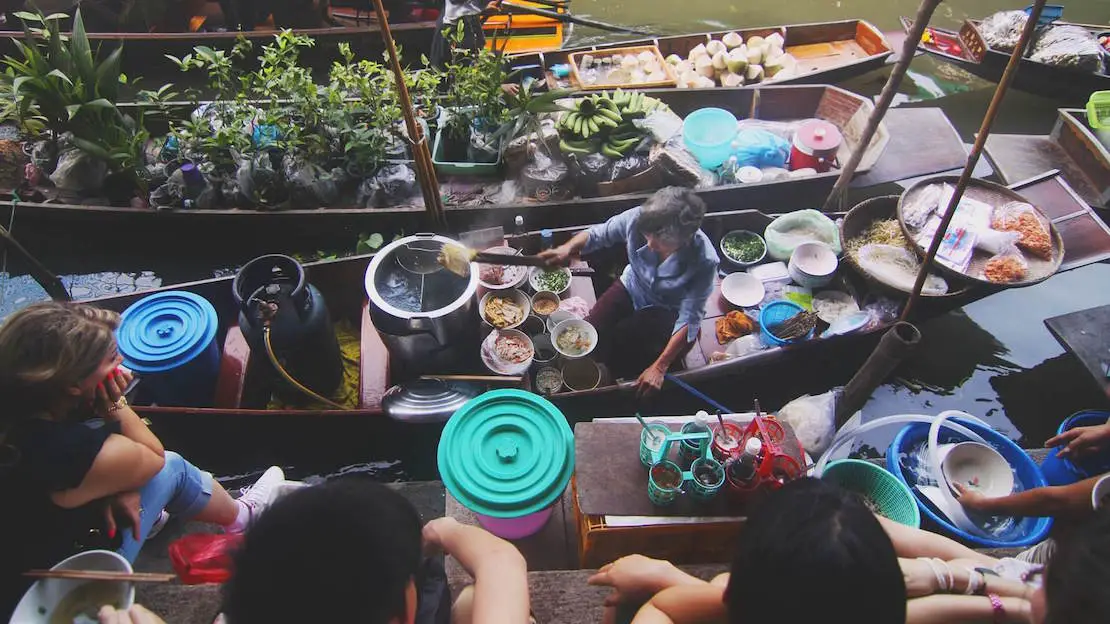40 Budget Tips for Backpackers
What keeps many people from traveling is a lack of money. However, you don’t need to be rich to travel. With the right planning, spirit of adventure, and discipline, it’s possible to travel far while spending very little.
Below, you’ll find all my tips and tricks for traveling longer while spending less!
BEFORE YOU LEAVE
Flexibility first
Prices vary greatly depending on when you travel. Whenever possible, travel in the off-season. You’ll get cheaper prices and encounter fewer tourists in popular destinations. If you can’t be flexible with your dates, try to be flexible with your destination. For example, don’t go to Ibiza in mid August and expect to spend little. Be curious and explore alternative destinations.
Create a Smart Itinerary
Avoid zig-zagging and build an itinerary that allows you to move as efficiently as possible. In this guide, you will find all my tips for planning an itinerary in the best possible way.
Don’t Buy a Guidebook
The internet is brimming with resources for travel planning, including blogs, forums, and comprehensive sites like Wikitravel. Finding the information you need is easier than ever! And of course, don’t forget to check out my blog destination sections for additional tips and insights.
Save on Airfare
Airfare often greatly influences the total cost of a trip. Check out websites like Secret Flying regularly and become a flight price ninja!
Travel light
While it might seem counterintuitive, traveling light can significantly reduce your expenses. Aim to pack only carry-on luggage to avoid airline surcharges. Be sure to weigh your bags before leaving and consider wearing extra layers or filling your pockets to meet weight restrictions. Remember, a heavy suitcase might tempt you to splurge on taxis instead of walking. For budget-conscious travelers, a good backpack is the ideal solution.
Here you can find my packing list.
Always carry a water bottle
The price of bottled water can add up while traveling. To save money, carry an empty reusable water bottle that you can refill. While tap water may be unsafe in some countries, many hostels and hotels offer filtered drinking water for guests. A water bottle with a built-in filter can be a solution for any situation, ensuring you always have access to clean, safe drinking water.
Mitigate Expensive Contingencies
Take out good travel insurance that covers at least medical expenses and liability. Here you can find the best travel insurances for backpackers.
The student discount
If you’re a student, you might be eligible for discounts even while traveling abroad. Don’t forget to pack your student ID card with a photo to take advantage of potential savings.
MONEY MANAGEMENT
Use a card without currency exchange fees
Currency exchange fees, often a percentage of the total transaction, can reach up to 3%. This means that withdrawing or paying with your card in a foreign currency may incur an extra 3% charge on top of any other fees. To minimize these costs, consider exploring the best travel cards available here.
Pay by card
ATM withdrawals can quickly accumulate fees. To save money, prioritize card payments whenever possible, while being cautious in unfamiliar or suspicious places. Always inquire about potential surcharges before using your card. Some cards even offer cashback rewards, effectively giving you a small discount on purchases.
Watch out for islands
If you’re heading to a remote destination like a small island, plan ahead and bring all necessary supplies, including food. Islands and remote areas often have inflated prices and limited access to ATMs, so ensure you have enough cash on hand.
Change your money without paying fees
Currency exchange offices, particularly at airports, often offer unfavorable exchange rates. A better solution is to exchange money with fellow travelers heading in the opposite direction, using the official exchange rate for a fairer deal.
Try multiple banks
Besides your bank’s withdrawal fee, local banks may also impose their own charges, which can exceed €5 in countries like Argentina and Thailand. Before using an ATM, research local banks offering free or reduced-fee withdrawals. The fee amount, if any, is typically displayed before you finalize the transaction.
Beware of airports.
Avoid purchasing food and exchanging money at the airport, as prices tend to be inflated. Similarly, airport ATMs often have high withdrawal fees. It’s generally best to minimize spending at the airport whenever possible.
TRANSPORTATION
Use public transportation
Utilize public transportation whenever feasible. Subways, if available, are often an affordable and efficient option for city travel. Research daily or weekly passes to determine if they offer cost savings. Additionally, consider using public transportation for airport transfers, as it’s typically more economical than taxis or private cars.
- Avoid taxis
Avoid cabs and walk as much as possible. If you have no alternative then consider apps like Uber, GrabCar (very popular in Southeast Asia) or BlaBlaCar. The first two for cheap taxi service while the latter for long distances. If you must take a taxi, always negotiate the price before getting in. This is crucial in developing countries where taxi meters may not be used.
- Move at night
Opt for buses or night trains for long-distance travel. This saves on accommodation costs and allows you to maximize your daytime for exploring destinations instead of being in transit.
- Car relocation
Car relocation, while not the most flexible option, can be a budget-friendly way to travel. It involves returning a rental car that was taken on a one-way trip. However, the rental company dictates the travel dates in exchange for covering most of the costs.
- Pedal
While cycling between destinations isn’t for everyone, it’s a viable option for those willing to pedal. In that case, transportation costs are essentially limited to bike maintenance.
- Try hitchhiking
Hitchhiking offers the ultimate budget-friendly travel solution. Not only is it free, but it’s also relatively safe in most places. In many countries where car ownership isn’t widespread, hitchhiking is commonplace. However, exercise caution as it’s illegal in some regions, and strict rules may apply for soliciting rides.
ACCOMODATION
Sleep in a hostel
Hostels can save you a significant amount of money, with some countries offering stays for under €5 per night. Additionally, many hostels now provide private rooms at competitive prices, catering to couples, families, or those simply seeking more privacy than a dorm can offer.
Airbnb for apartments, houses and rooms
If you really don’t want to sleep in a hostel then consider Airbnb, an inexpensive solution for renting rooms or entire apartments/houses directly from private individuals.
Consider the location
When selecting a hostel or accommodation, prioritize location. Especially in cities, being close to attractions and public transportation can significantly reduce travel time and expenses.
Don’t always book online
Booking sites like Booking and Hostelworld often charge a minimum commission of 15 percent. After researching, contact the property directly via email or in person to potentially secure a better rate. Worst-case scenario, you’ll pay the same price but with the added benefit of seeing the place firsthand. However, avoid this approach during peak season or holidays to ensure you have accommodation.
Try couchsurfing
Couchsurfing is the ultimate solution for the budget traveler; it gives you the chance to be hosted for free by some other site member while getting to know the locals.
Sleep under the stars
Camping, whether in a tent or hammock, offers a virtually free or highly affordable accommodation option.
House sitting and house exchange
Occasionally, families leaving for extended vacations or with unoccupied second homes seek responsible individuals to care for their properties. This presents a fantastic opportunity to secure free accommodation for varying durations.
House sitting involves looking after a home, and often pets, in exchange for lodging. It can be a short-term or long-term arrangement. On the other hand, house exchange is a straightforward swap: “You stay in my house, and I’ll stay in yours.” This involves no financial transactions or complex paperwork.
FOOD
Cook your own meals
Especially in destinations with higher costs, cooking can be a major budget-saver. Most hostels offer kitchen facilities, and even if they don’t, you can easily prepare sandwiches almost anywhere. Remember, there’s no shame in cooking while traveling – it’s a practical way to save money, and the time spent in the kitchen won’t ruin your trip.
Don’t always cook
However, when visiting countries where eating out is affordable, embrace the local cuisine! In some regions, delicious meals can be found for as little as 1-2 €. Dine where locals eat and look for the daily specials, often the most budget-friendly choice.
The Included Breakfast
Having breakfast included in the price is a bonus. Read reviews to find out what the breakfast offerings are like. A hearty breakfast and a few snacks at lunch can help you get through to dinner.
Bin Diving
This is admittedly an unconventional tactic: bin diving, or searching supermarket bins for expired produce. While not for everyone, some budget travelers practice this method, which helps reduce food waste. It’s worth noting that approximately one-third of the food produced globally is wasted.
Visit the local market
Visit the local market, which often offers much more competitive prices than supermarkets, especially for fresh produce like fruits and vegetables. Local markets are also fascinating places to explore, offering opportunities to connect with the people and culture of the country you’re visiting.
OTHER USEFUL TIPS
Participate in Your Hostel’s Free Activities
If you’re staying in a hostel, take advantage of the free activities they offer! Hostels often organize events such as dance classes, cooking classes, and more to help guests socialize.
Join a Free Walking Tour
Free walking tours have become very popular and are available in almost every major city. These tours are led by locals who expect tips, although tipping is not mandatory. To find a tour, search for the city name followed by “free walking tour” on Google.
Stop Wasting Money on Smoking and Alcohol
Alcohol and cigarettes can quickly drain your budget. If you enjoy a few drinks, buy them at the supermarket. Many hostels allow you to drink your own alcohol, as long as there’s no bar inside the facility. Be smart about it!
Negotiate Prices
In many developing countries, prices are negotiable—from taxi fares to souvenirs to tours. Don’t be shy about negotiating. In many cultures, haggling is not considered rude. A tip: always show only mild interest, and discounts will likely follow.
Visit the Tourist Office
Tourist offices in many cities provide free maps and information. Make use of these resources to enhance your travel experience.
Volunteer
Volunteering for room and board is a common practice. You can work in a community, on a farm, or at a hostel in exchange for free accommodation. Workaway is a popular platform for such opportunities, and WWOOFing is another site worth checking out.
Unity is Strength
Whether you’re traveling with friends, your partner, or people you just met, take advantage of group opportunities! Renting a car, sharing a taxi, asking for a discount on lodging, or cooking together can save you a lot of money in the long run.
Avoid Organized Tours
Avoid organized tours unless they’re the only way to do a particular activity. Often, you don’t actually need a guide despite what marketing might suggest. For example, the tour to Pico do Papagaio in Ilha Grande, Brazil, costs well over 30€, but I did it for free with a flashlight and organic maps, despite warnings about getting lost in the jungle at night.
Now that you’ve read these tips, try to put as many of them into practice as possible. You’ll immediately see your expenses go down. The secret lies in using unconventional methods and shifting from a vacationer mentality to a traveler mentality.
Are you planning a trip? Check out these posts:
Do you have any questions? Updated information? Feel free to leave a comment or message me on Instagram!
Since I no longer run ads, if you found this article helpful, please consider purchasing your travel insurance through one of the links on this site. Doing so supports my work at no additional cost to you. For EU and UK residents, I recommend True Traveller. For everyone else, I recommend HeyMondo, which offers a 5% discount. Thank you for your support!
For donations/pizzas and virtual beers 🙂
Did you like the post? Pin it!







